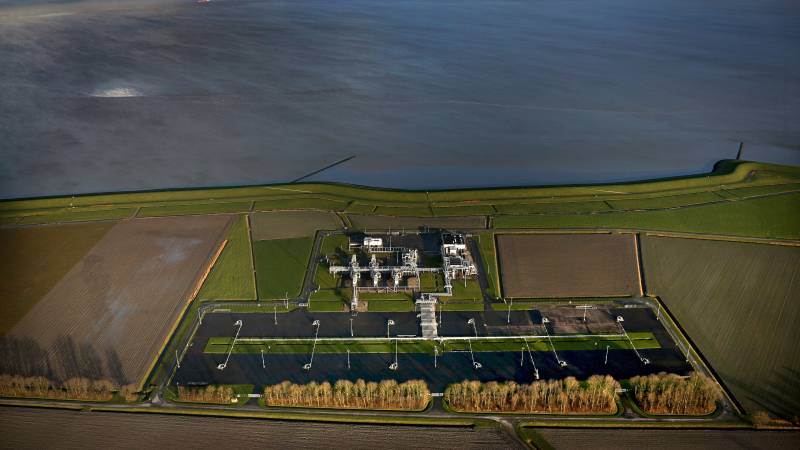Extremely high energy prices due to gas scarcity are more than an accident for the Netherlands. Researchers argue from The Hague Center for Strategic Studies in a Just published report. According to the researchers, difficult choices must be made so that the Netherlands does not end up in the cold. Today, European government leaders are discussing record prices for natural gas and the main consequences of this for homes and businesses.
There is a “big gap” between the announced closure of the Groningen field and the realization of large amounts of sustainable energy in the future. In the intervening period, the researchers say, the Netherlands has been highly vulnerable to severe gas prices and even energy shortages.
“We have two main energy challenges: building a new CO2-neutral system and shutting down the existing system in a decent manner, without major accidents. This second challenge also deserves our attention.” This is what the report’s authors, Gilles van den Bokel and Lucia van Geuns, wrote. They propose a range of solutions, such as long-term contracts, strategic reserves, and production from smaller fields. This means that the government must take charge if this shortage is to be prevented.
by market
High gas prices were not a problem for the Netherlands, because it was always possible to get more gas from Groningen. It was deserved. But this changed after the announced closure of the Groningen field. The Netherlands is completely dependent on daily market prices for imports, which have now reached unprecedented levels.
The Dutch government has not concluded any long-term contracts to import gas from abroad, although it was advised by Gasunie to do so. Neighboring countries covered a large part of the imports with fixed long-term tariffs: Germany for 64 percent and Belgium for 36 percent. So far, the Dutch government has assumed that market supply and demand will lead to imports at acceptable rates.
To counter price fluctuations, more efforts should be made on strategic gas stocks. The Netherlands has three large gas storage facilities in Norg (Drenthe), Grijpskerk (Groningen) and Bergermeer (Northern Netherlands). Because of the cold last winter and in the spring, these storage depots were moderately full (55 percent). These are commercial storage tanks for oil and gas companies that are not obligated to fill them. Other countries in Europe know this commitment.







